I had spent some time with Jack Gilbert’s poem “A Brief for the Defense” and then encountered it again as one of the ten poems Roger Housden includes in his new book Ten Poems for Difficult Times (New World Library, 2018).
I’m always grateful to read Roger Housden’s books in the Ten Poems series for the poems he chooses on a theme and the essays he writes about them. The poems he has chosen for “difficult times” also include “It’s This Way” by Nazim Hikmet, “Good Bones” by Maggie Smith and “The Thing Is” by Ellen Bass . The poems aren’t to give us information Roger says, “but a visceral experience of an existential and timeless truth.”
The lines that puzzle and provoke me in the Gilbert poem are:
There is laughter
every day in the terrible streets of Calcutta,
and the women laugh in the cages of Bombay.
If we deny our happiness, resist our satisfaction,
we lessen the importance of their deprivation.
We must risk delight. . . . .
I wrote a poem I call “On Reading ‘A Brief for the Defense’ by Jack Gilbert:
We stand on the bridge, look out to freighters
in the harbour, the ferry headed for Departure Bay,
coastal mountains coated in snow. A small tugboat
pulls a fishing boat. Three cormorants and an oyster catcher
perch, attentive, on the rocks. Sarah at my side, a raven lets itself
fall from the sky for just a second, risking delight.
Sarah and I were also “risking delight” during times of great sorrow around us. As Roger Housden points out in his essay accompanying the Gilbert poem, all the suffering and sorrow is not our fault, “but it is our responsibility, because we, too, are human. Gilbert’s response to the question of collective responsibility is not to say that we should wring our hands and blame ourselves or each other, but to say that ‘we enjoy our lives because that’s what God wants.’ This is the deeper responsibility that goes along with the responsibility we all bear for the world’s suffering.”
Gilbert “was far from being a churchgoing Protestant,” Roger writes but “by mentioning God, [he] infers a spiritual quality to human happiness.”
“We must admit there will be music despite everything,” Gilbert wrote in his poem and Roger says of the poet who died in 2012: “He was never interested in success or failure but rather in the purity of experience, which was the source of his poetic life. A love affair ends, a wife dies, painful and joyful things happen, and the eye of the heart sees them simply, as they are, with full feeling, without judgment.” I really love that about Jack Gilbert who, as Roger says in Gilbert’s bio, “always avoided the beaten track to success and recognition.”
 “In Defense of Joy” is the title of Roger’s essay and he ends it with Jack Gilbert’s final lines from “A Brief for the Defense” which could be about the island of Santorini where Gilbert lived for a time:
“In Defense of Joy” is the title of Roger’s essay and he ends it with Jack Gilbert’s final lines from “A Brief for the Defense” which could be about the island of Santorini where Gilbert lived for a time:
To hear the faint sound of oars in the silence as a rowboat
comes slowly out and then goes back is truly worth
all the years of sorrow that are to come.
The poem that follows the Gilbert poem and Roger’s essay about it is “It’s This Way” by Nazim Hikmet who grew up in Istanbul and spent more than eighteen years as a political prisoner. “He was the first writer to produce poetry in conversational, colloquial Turkish, and although his books were banned for years, he was the first to touch the hearts of ordinary Turks,” Roger writes.
Hikmet’s poem praises the advancing light, the trees that are “so hopeful, so green,” the mulberries and then we learn he’s “at the window of the prison infirmary.” As Roger points out in his essay, “the thread that runs through all his work is an indefatigable affirmation of life, regardless of circumstance.” It sounds to me, Hikmet was connecting to his own spirit at the prison infirmary window and it is that he will not surrender.
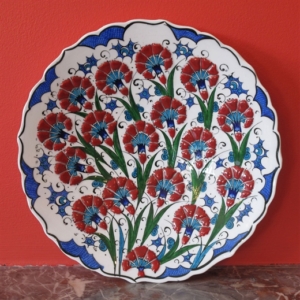 I can’t smell the medicines –
I can’t smell the medicines –
carnations must be blooming nearby.
It’s this way:
being captured is beside the point,
the point is not to surrender.
Roger refers to other Hikmet poems such as “Autobiography” and “Some Advice to Those Who Will Serve Time in Prison” included in Poems of Nazim Hikmet, translated by Randy Blasing and Mutlu Konuk (Norton, 2002). Hikmet saw the beauty of the world with “hands hungry” for intimacy with it. In “Autobiography,” he wrote:
Some people know all about plants some about fish
I know separation
Some people know the names of stars by heart
I recite absences
“Why Poetry for Difficult Times” Roger asks in his opening essay. “It can make a difference because at its best poetry calls forth our deep Being, bids us to live by its promptings.” Poetry helps us to pay attention.
The first poem in Ten Poems for Difficult Times is “Good Bones” by Maggie Smith who wrote it in a Starbucks in her hometown of Bexley, Ohio in the summer of 2015. “A year later, in June 2016, as a gunman killed forty-nine people at the Pulse nightclub in Orlando and British politician Jo Cox was murdered in broad daylight at a constituency meeting in the north of England, Smith’s poem ‘Good Bones’ was published in the online journal Waxwing.” And from there it made it on to Facebook and into various articles, receiving worldwide attention as it was translated into several languages. After the results of the 2016 US election, the poem took off again.
Smith had been thinking of her family when writing her poem which begins:
Life is short, though I keep this from my children.
She wanted to “explain a world to [my children] that is as wonderful as it is terrible, she said in an interview with The Washington Post. Her poem ends with” You could make this place beautiful.”
“The Thing Is” by Ellen Bass is included in Ten Poems for Difficult Times with her advice “to love life, to love it even / when you have no stomach for it . . . “ Roger points out that Ellen’s poems are “always rooted in the body and in the senses.” Ellen was born the same year I was, 1947, and writes “frighteningly personal poems” as Billy Collins has said. I knew her name for many years as she was the co-author of The Courage to Heal and I was fortunate to be able to work with her at a poetry retreat when she came to Vancouver Island in the summer of 2016.
I really love the poetry of William Stafford and one of his poems, “Cutting Loose” is included. Roger quotes Rosemerry Trommer in his essay about the Stafford poem and she is another poet I’m getting to know, via her poetry. One of her poems is “On Forgetting a Line while Memorizing William Stafford’s Poem ‘Cutting Loose’.”
William Stafford’s son Kim Stafford “said a friend told him his father’s ‘imagination was tuned to the moment when epiphanies were just about to come into being.’ Stafford’s son went on to say that ‘at such a moment, ambition could be fatal to what we seek. Take a deep breath and wait. What seeks you may then appear.’ It’s the same with life, Stafford says in ‘Cutting Loose.’
That reminds me of what my poetry mentor Patrick Lane said in a CBC interview: “You have to wait for a poem.”
I’m just finishing reading Birds Art Life: A Year of Observation by Kyo Maclear and find that she has expressed the same concerns as others about finding happiness (pursuing an interest in birding in her case), while others suffer. Two of her Canadian friends, a filmmaker and a doctor, had been on their way to a humanitarian medical mission in Gaza when they were detained without charges with six hundred others in an Egyptian prison for a month and a half. Kyo began to feel embarrassed by “birding’s provenance, its air of elitism and elegance.”
Months later she found herself reading about Rosa Luxemburg, “who, in 1916, was ‘preventatively’ imprisoned for two and a half years for her revolutionary and antiwar activities. Locked away, Luxemburg took particular pleasure in watching and listening to birds within and beyond the prison walls.”
Kya began to see ”that many of our commonplace notions about beauty are simply wrongheaded – that to say that a love of nature is a function of privilege and wealth, that a delight in small things is incompatible with a passion for justice, is untrue and patronizing to the struggling and the poor. . . What Rosa believed was that a commitment to social justice, far from being incompatible with aesthetic experience and sensual pleasure, demanded it – that politics has to be about harnessing the libidinal and the beautiful and not only about abstract categories.”
Kya writes: “Through her [Rosa Luxemburg’s] window, I found a frame to contain both the world of nature and the world of politics, beauty and conscience, small gestures and big actions.”
In an interview with his New World Library publicist, Roger Housden said: “If poetry is a humanizing influence, it works directly against those ideologies and attitudes that restrict rather than encourage liberty and justice. Poetry encourages empathy, a feeling of kindredness with others, and that makes it more difficult to support the forces of oppression. Has poetry or literature ever stopped a war? No. And yet the poet Osip Mandelstam while in one of Stalin’s death camps, restored the soul to his fellow prisoners by reciting poetry to them.”
Ten Poems for Difficult Times also includes “The Quarrel” by Conrad Aiken, “Rain Light” by W. S. Merwin, “How the Light comes” by Jan Richardson; “Now You Know the Worst” by Wendell Berry; and “Annunciation” by Marie Howe.
If I had to summarize the collection, I think it could be done with Roger’s word “kindredness,” that connection of one’s spirit to one’s self and to others through space and time.

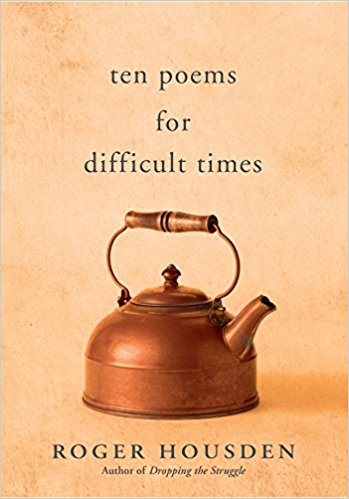
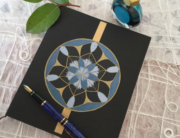

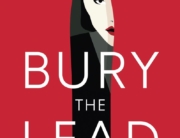
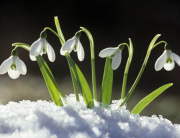
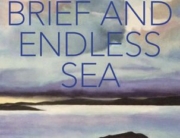
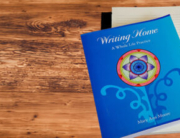


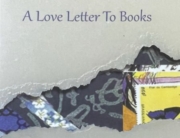
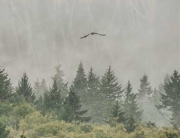
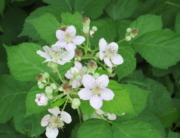
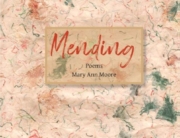
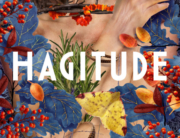
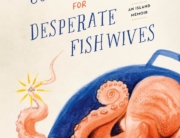
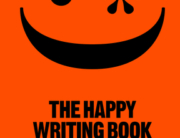

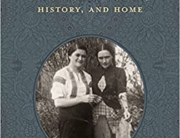
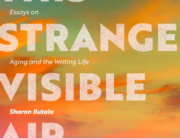

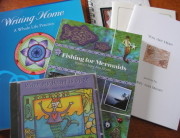
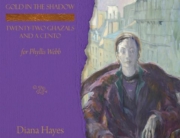
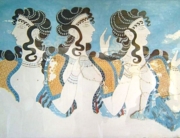

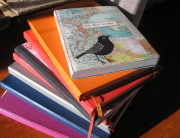
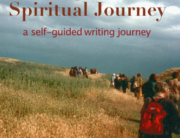
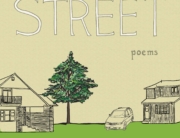
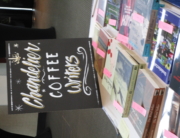
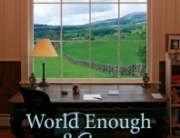

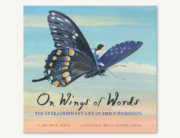

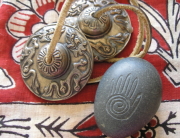
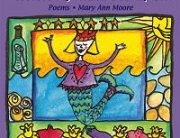
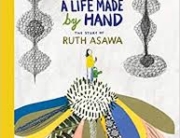
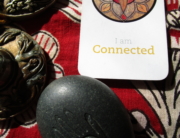
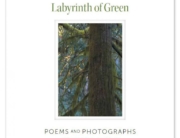
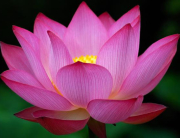
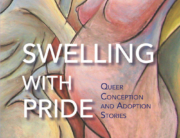
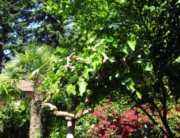
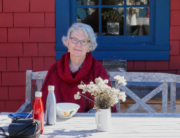

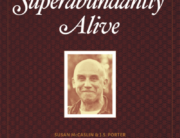
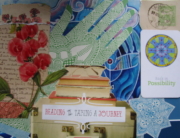
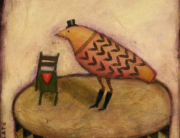

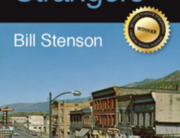
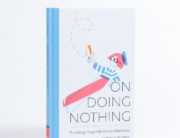
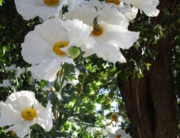
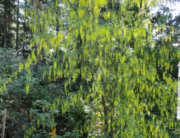
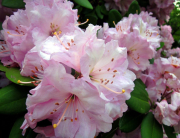
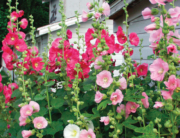
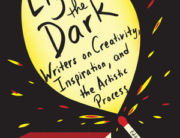
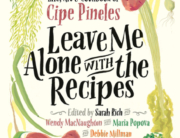
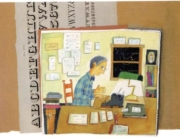
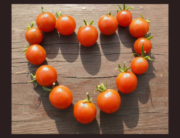
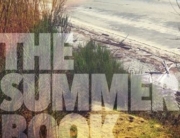
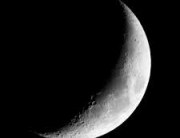

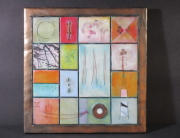

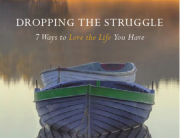

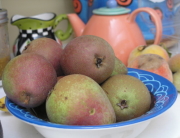
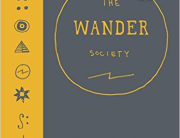


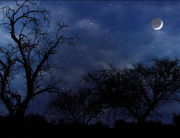
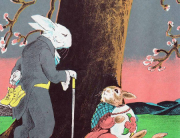
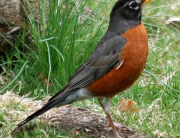

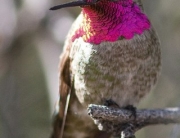


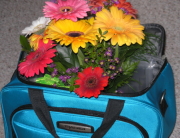
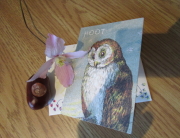
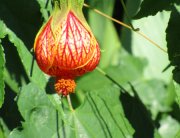
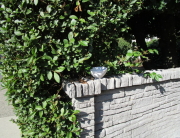
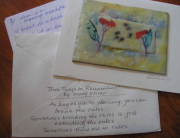
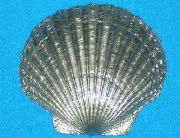
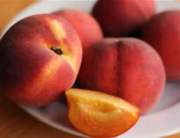
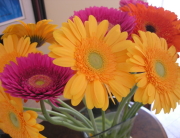
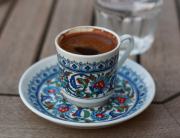
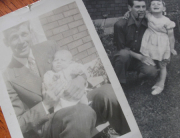
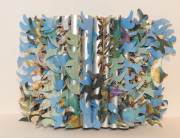


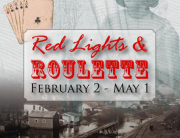
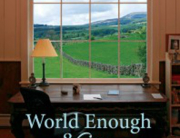
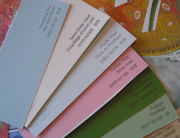



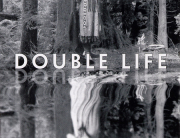

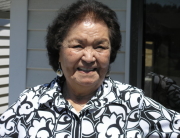
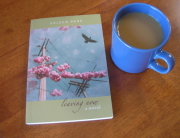
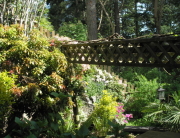
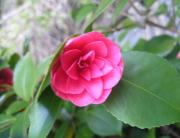

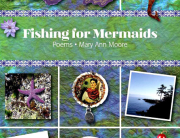
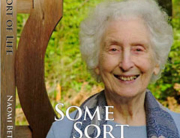
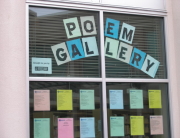
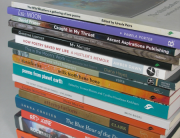

A beautiful read in itself, this review, Mary Ann. Whether or not editor Roger Housden identifies with any shade of buddhism, he and the selections he chose for his new ‘Ten Poems’ collection simmer with the energies of buddhism’s core sensibility, awareness, and joy ‘no-matter-what”. Needless to say, I find every facet you here highlight to resonate prfoundly, particularly the Jack Gilbert poem and your own concluding summary. Thanks so much for this expression of eternal springtime spirit … ‘from winter, spring always emerges’.
Thank you for writing dear Kitty, I’m glad you enjoyed the read.
As always, thank you for this beautiful blog, Mary Ann. At the end of a long day it provides such pleasure and joy. I often think we are so fortunate to live in the world of poetry. I loved Kyo Maclear’s book. Thank you for mentioning it. xo
We are indeed fortunate to live in a world of poetry Rosemary. I appreciate your comments and your poetry in the world. xo
Here, so much hit home for me.
The Hikmet lines:
“…being captured is beside the point,
the point is not to surrender”
resonated so strongly and led me to create this paraphrase based on my own core experience of losing my life partner:
Coming to know heartbreaking grief is beside the point,
the point is not to forget joy.
Thanks as always, Mary Ann, for sharing the light and joy you find, even in life’s madrugada (the shadow times of dawn and dusk).
xoxo
Thank you for writing my friend and for that word “madrugada” (the shadow times of dawn and dusk).xoxo